Android or iPhone? We asked 3 phone experts which is best — here’s what they said
The age-old, provocative question that gets everyone’s underwear in a bunch
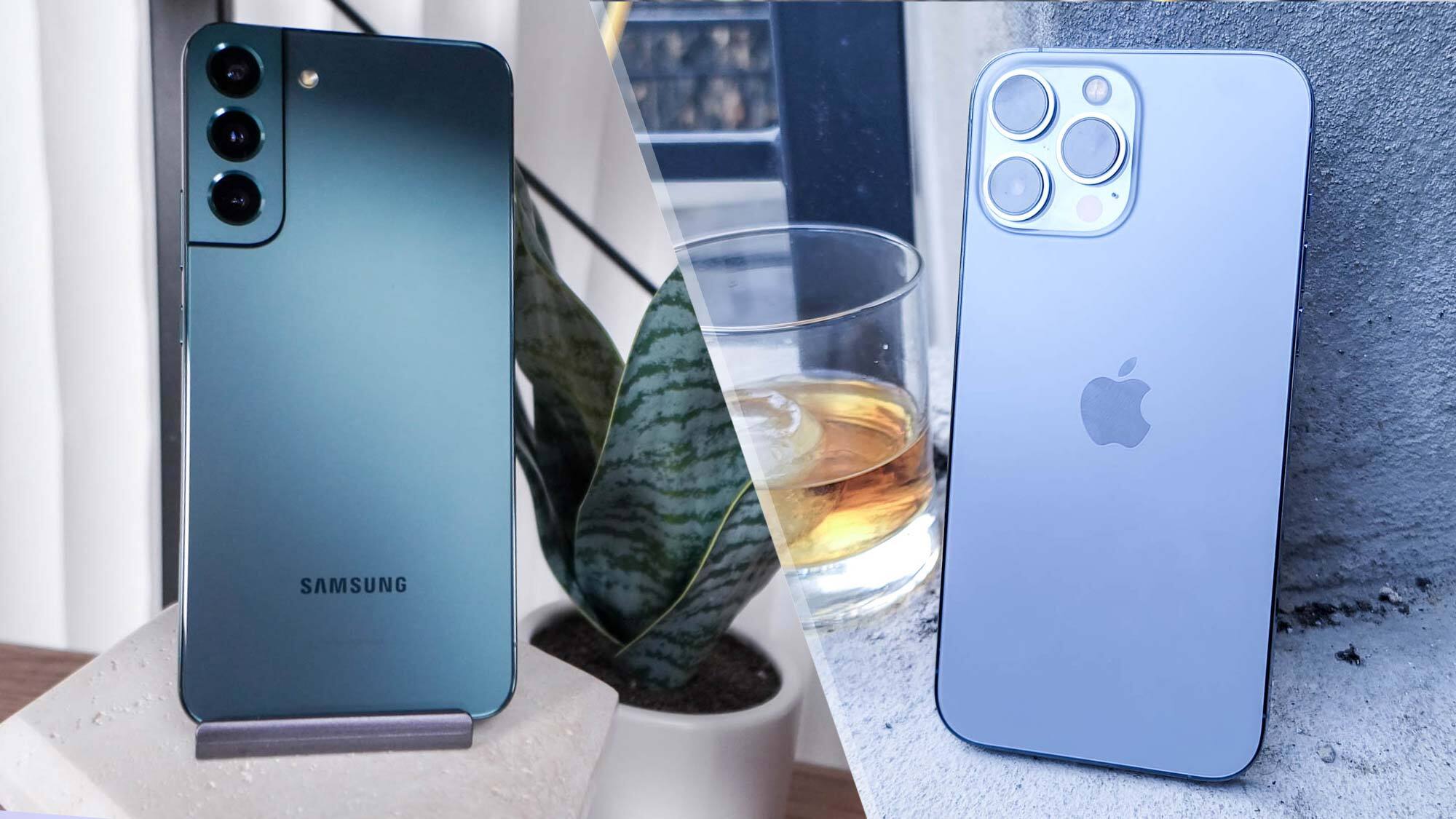
Sign up to receive The Snapshot, a free special dispatch from Laptop Mag, in your inbox.
You are now subscribed
Your newsletter sign-up was successful
How did you feel, dear reader, after reading the headline? Were you consumed with curiosity over which mobile operating system — Android or iOS — reigns supreme in the eyes of experts? Did it trigger a flashback to a heated memory when you butted heads with a phone-brand loyalist? Perhaps you’re just mildly irked by how contentious the Android vs. iPhone debate is. After all, it’s one of those topics that gets people riled up.
When I told the Laptop Mag crew that I planned on diving into the Android vs. iPhone debate for our “Ask a Phone Expert” series, I couldn’t help but chuckle over Laptop Mag Assistant Managing Editor Sean Riley’s reaction. I could tell he, our resident phone specialist, was internally rolling his eyes — needless to say, he’s in the mildly irked camp.
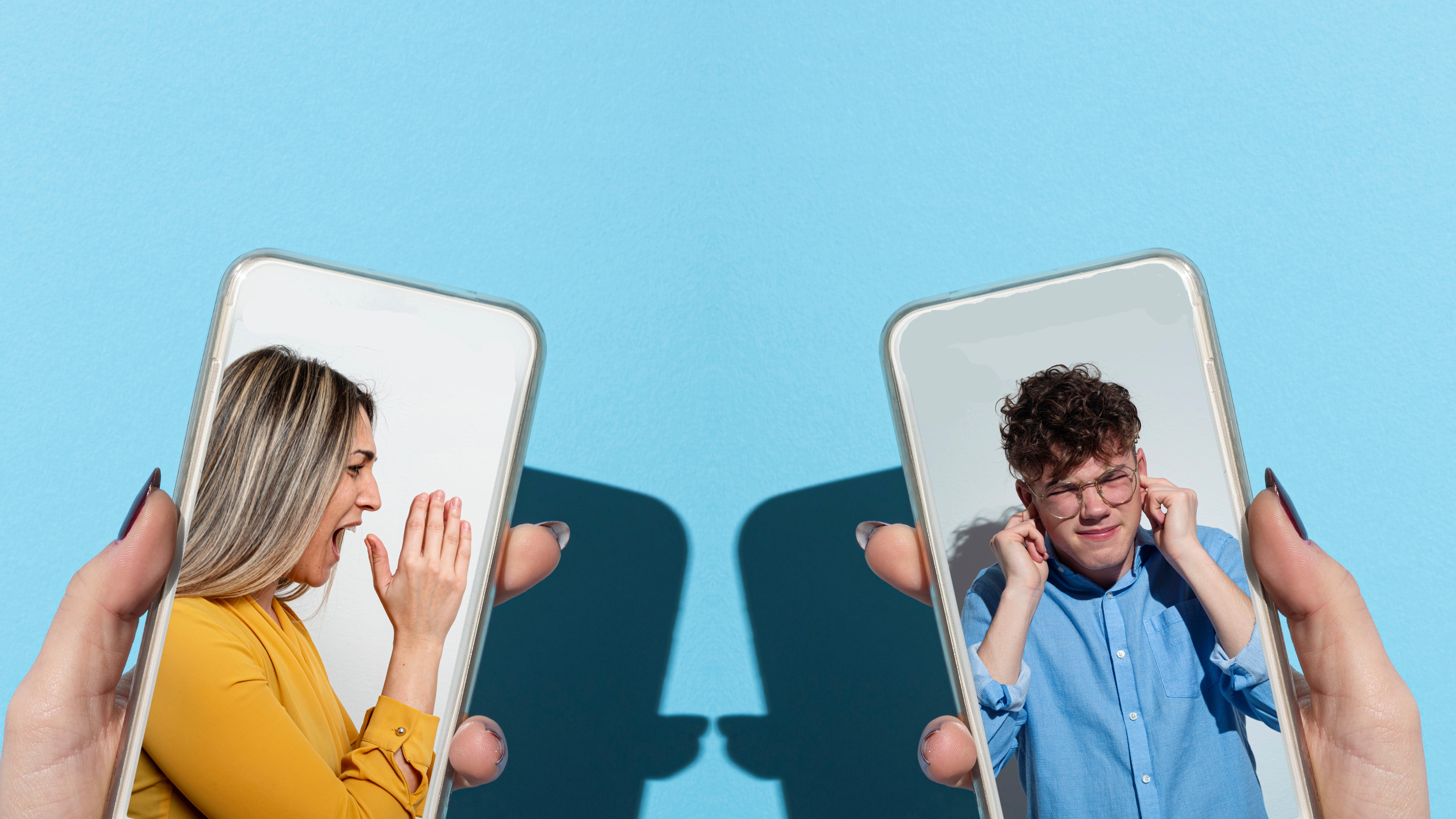
- Phones with the best battery life 2022
- iPhone 13 mini vs iPhone 12 mini: Which small iPhone should you buy?
- Pixel 6 vs. iPhone 13: Which phone is better?
I feel similarly, but can you blame us? As tech reviewers, our social media feeds are inundated with preposterous posts about why one wouldn’t dare befriend nor date lowly Android-owning peasants. And let’s not forget the incendiary tweets about why Samsung is indisputably superior to the iPhone, which launches vicious online squabbles. Like clockwork, we’re bound to stumble upon “Good grief, those gosh-darn green bubbles are an absolute eyesore!” proclamations from iMessage loyalists.
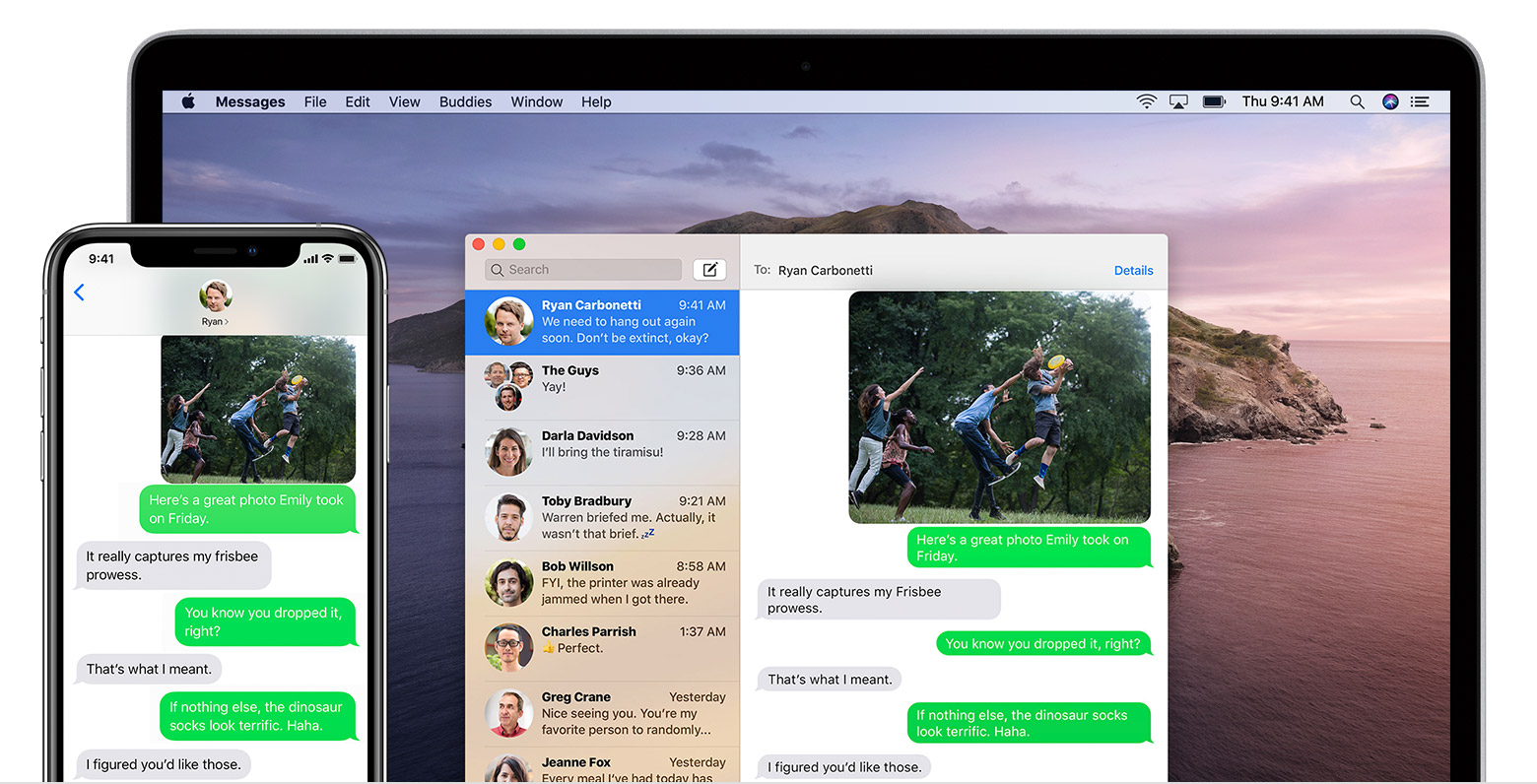
Sure, it’s all fun and games for the most part, but there are information seekers who truly need insight on whether they should snag a Samsung Galaxy S22 Ultra or an iPhone 13 Pro Max. Before the Regina Georges of the internet bully the fence sitters into choosing a specific side, we’re hoping to get to them first by picking the brains of our favorite phone experts: YouTuber JerryRigEverything, Jalopnik staff writer and former Tom’s Guide editor Adam Ismail, and our very own Sean Riley.
JerryRigEverything, YouTuber
YouTuber Zack Nelson, also known as JerryRigEverything, has a massive 7.25 million subscriber base. He’s beloved for his in-depth tech reviews — and when I say in-depth, I mean Nelson really gets in there. While most tech reviewers mostly stick to the surface (e.g. design, software and build), Nelson isn’t afraid to spill open devices’ guts to get some additional insight on its inner workings.
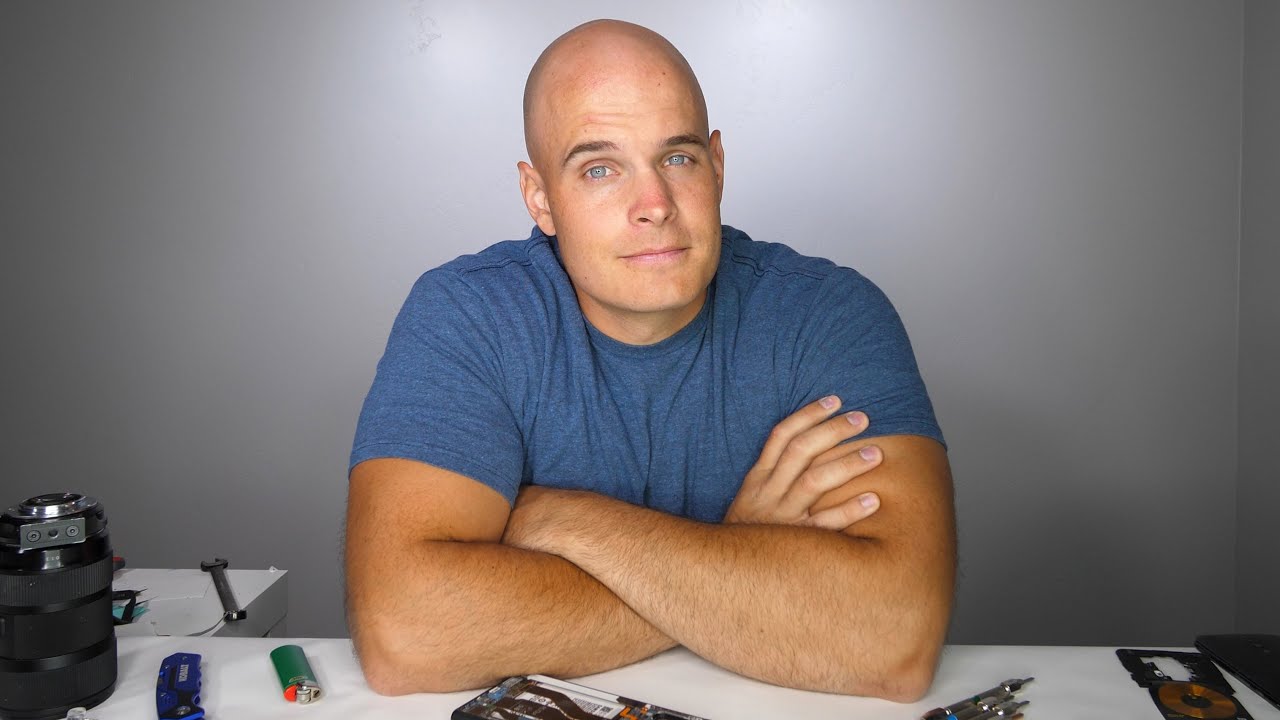
Laptop Mag reached out to Nelson to get his perspective on the Android vs. iPhone debate, and he told me that if I asked him three years ago, he’d be shouting “Android” from the mountaintops. “But with recent developments, like Android phones now costing just as much [as iPhone], and Apple’s new customer repair program, I see the benefits of both platforms,” Nelson said.
Last November, Apple announced its new Self Service Repair Program, an online service that allows customers to gain access to more than 200 genuine Apple parts and tools for do-it-yourself iPhone repairs. The program is set to launch in early 2022. Until now, only Apple Stores, Apple Authorized Service Providers and Apple Independent Repair Providers could get their hands on bonafide Apple equipment.
Sign up to receive The Snapshot, a free special dispatch from Laptop Mag, in your inbox.
Nelson makes a living out of tinkering with hardware parts, so this announcement pricked his ears up and warmed his icy stance toward Apple devices.
The Self Service Repair Program may save iPhone owners some money. Apple charges $279 for iPhone 13 Pro display repairs, but perhaps that price tag may be slashed for customers who don’t want to pay for labor. It’s worth noting that Samsung and other Android manufacturers are known to be less stingy with their hardware parts.
Nelson’s daily driver is the Samsung Galaxy Note 10 Plus, but that doesn’t mean he doesn’t acknowledge iOS’ strengths over Android, including its ease of use. iPhones are less cluttered as well as more intuitive and organized than its rival operating system (e.g. iOS has less bloatware). Nelson also praised the one aspect of Apple that keeps its customers crawling back for more: the ecosystem. Apple products and apps work so well together, creating a harmonious ecosystem where iPhones, Apple Watches, MacBooks, AirPods, iPads, etc. all interact seamlessly. Understandably, many iPhone owners don’t want to disturb their tech terrarium by throwing an Android device into the mix; it would stymie the smooth-as-silk, iOS-only equilibrium.
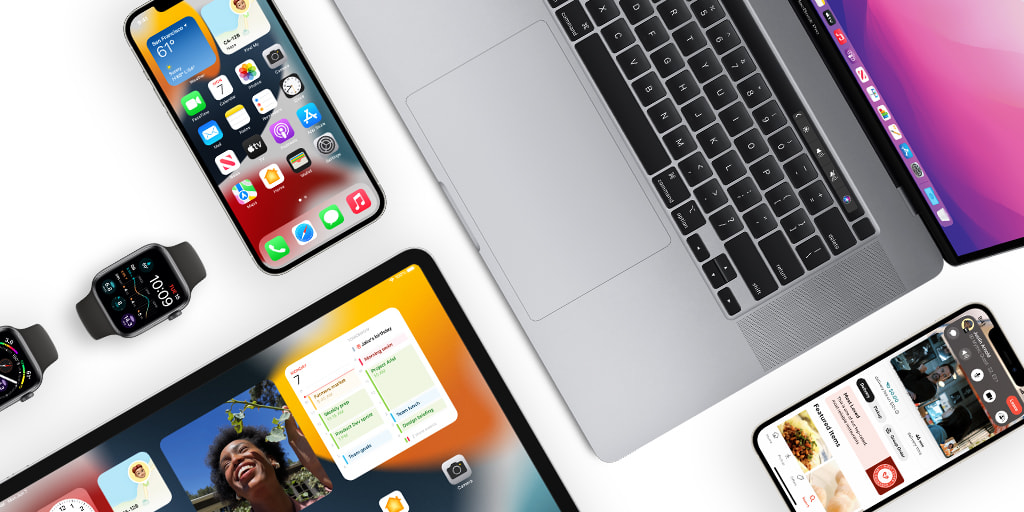
Predictably, when I asked Nelson to tell me about Android’s greatest weakness, he said its poor ecosystem is its downfall. The YouTube star insinuated that the Android world needs better peripherals to lock in its consumer base. “The Apple Watch is leagues ahead of anything Android has ever made. And that’s coming from a guy who ‘daily drives’ a three-year-old Android phone.”
It may seem like Nelson is team Apple, but as mentioned, both platforms have a place in his heart. “Smartphones are so good now, it’s refreshing that yearly, or even bi-yearly, upgrades don’t matter as much anymore. Everyone can keep their current phone longer, save some money and repair their phones instead of paying full cost for a new device,” he said. “This is true for both Androids and iPhones.”
Shop for JerryRigEverything's daily driver
Adam Ismail, Jalopnik staff writer and former Tom’s Guide phone expert
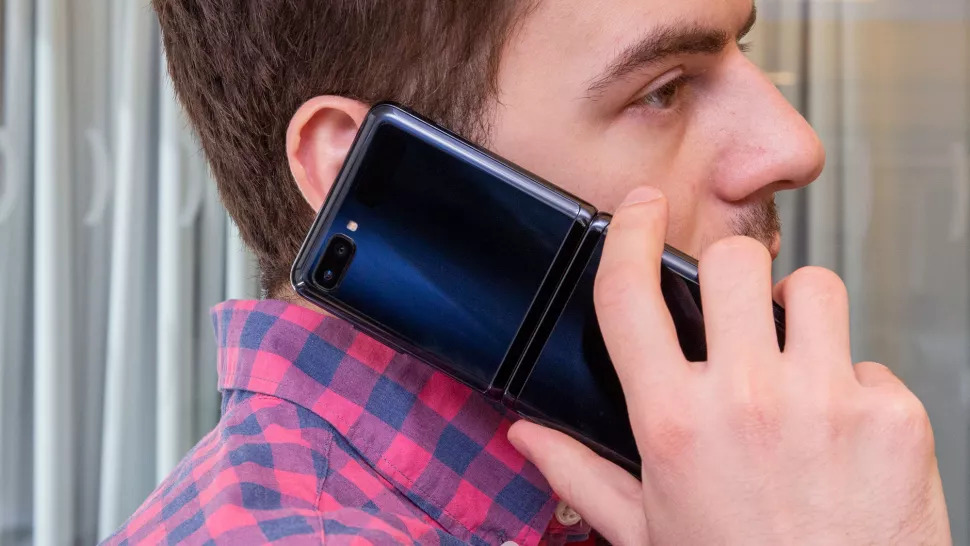
Interestingly, Jalopnik staff writer Adam Ismail, a former colleague who immersed himself in the world of smartphones as an ex-Tom’s Guide editor, shared the same sentiments as Nelson when I asked about his thoughts on the Android vs. iPhone debate.
“Once upon a time, I would’ve said Android for the greater opportunity for personalization, but these days, [my answer is] neither!” Ismail said. "Both operating systems are so mature now. There’s very little one can do that the other can’t. It’s really just a matter of which one arranges the furniture in a way you prefer. In terms of features, they’re closer than they’ve ever been,” Ismail said. The Jalopnik staff writer broke down the strengths and weaknesses of each operating system, starting with the Cupertino-based tech giant’s brainchild.
“Apple’s strength is an easy-to-understand, slick user experience where everything is consistent. All software, first or third party, is highly produced with beautiful graphics and slick animations,” he said. However, Apple’s biggest drawback, according to Ismail, is that it’s always late to the party. He’s right. For example, I remember Apple introduced “new” iOS features such as picture-in-picture video, an app drawer and customizable home screen widgets at WWDC 2020 — perks Android users already had for years.
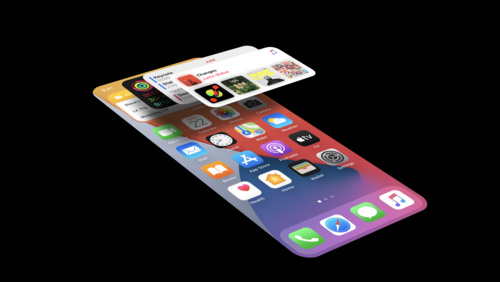
“I used to be a Pixel user,” Ismail said. “I miss Google’s built-in Recorder transcription and Call Screen. These are useful features that actually leverage AI in beneficial ways for regular folks, and yet, Apple is still struggling with, say, making Siri respond as if it’s actually listening to me half the time.”
Ismail had some choice words for iOS’ rival, too. “Android phones are just too big, too power hungry and too complicated for their own good,” he said. “The third-party app ecosystem also isn’t as polished, and lots of manufacturers still put ugly, confusing software skins [on top of the] OS.” In fact, Android’s clunkiness irked him so much, Ismail, who initially fence sat between iOS and Android at the onset of the conversation, took more of a definitive stance as he pondered my question deeper.
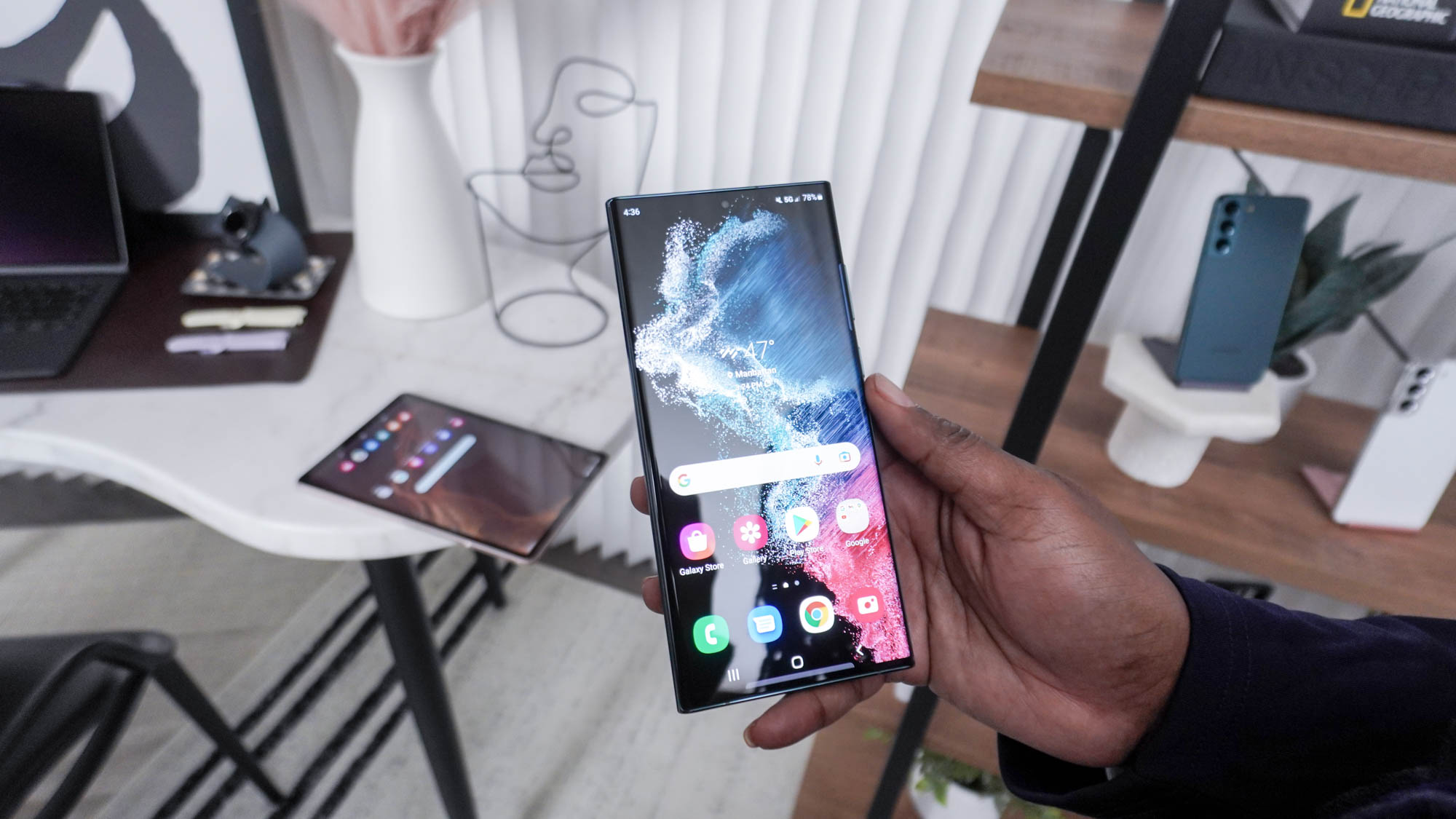
“In doing this exercise, I think I’ve changed my mind! Until I can get an Android phone that fits in my pocket and lasts as long as my [daily driver] iPhone 11 Pro without a 12-volt sized battery, I’ll probably stick with Apple,” he said.
Still, this doesn’t mean that Ismail doesn’t recognize Android’s strengths. “I’m a big fan of the technology Google has brought to dealing with annoyances like spam calls. Also, I still believe the Pixel’s computational photography tricks are second to none.”
Shop for Adam Ismail's daily driver
Sean Riley, Laptop Mag’s Assistant Managing Editor
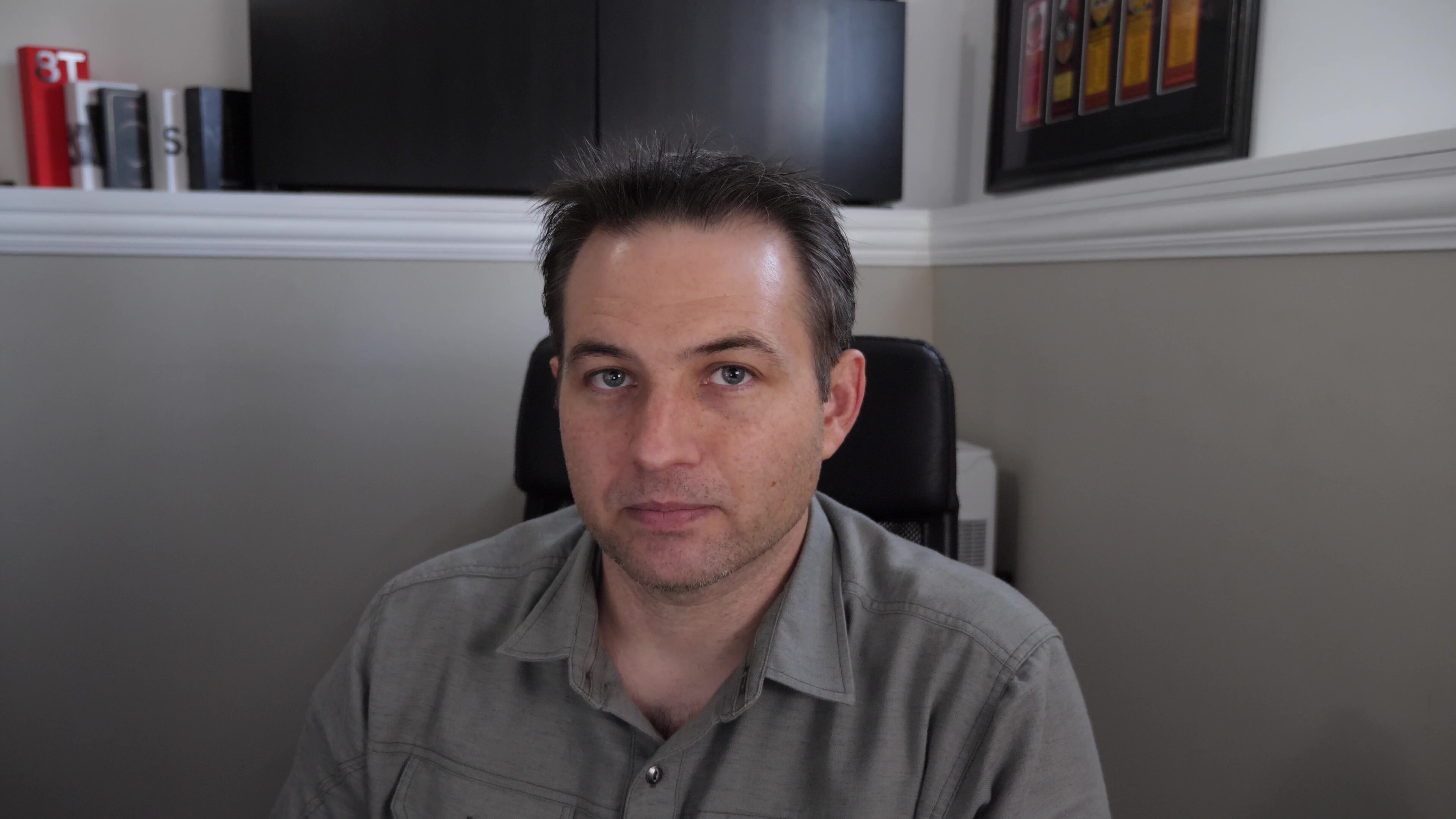
I regularly pick Laptop Mag’s Assistant Managing Editor Sean Riley’s brains because he’s like a smartphone encyclopedia, offering useful historical context to the many questions I have about mobile devices. Naturally, I felt compelled to ask Riley about his personal stance in the Android vs. iPhone debate.
“From an academic perspective, I think there is no clear winner between the two, but when it comes to which mobile platform captures my heart, there is no question that it is Android,” Riley said. Why? There’s much more to choose from in the Android world as opposed to the iOS’ portfolio. Need a stylus? You got it! Want a foldable? It’s yours! What about a gaming phone? Your wish is Android’s command!
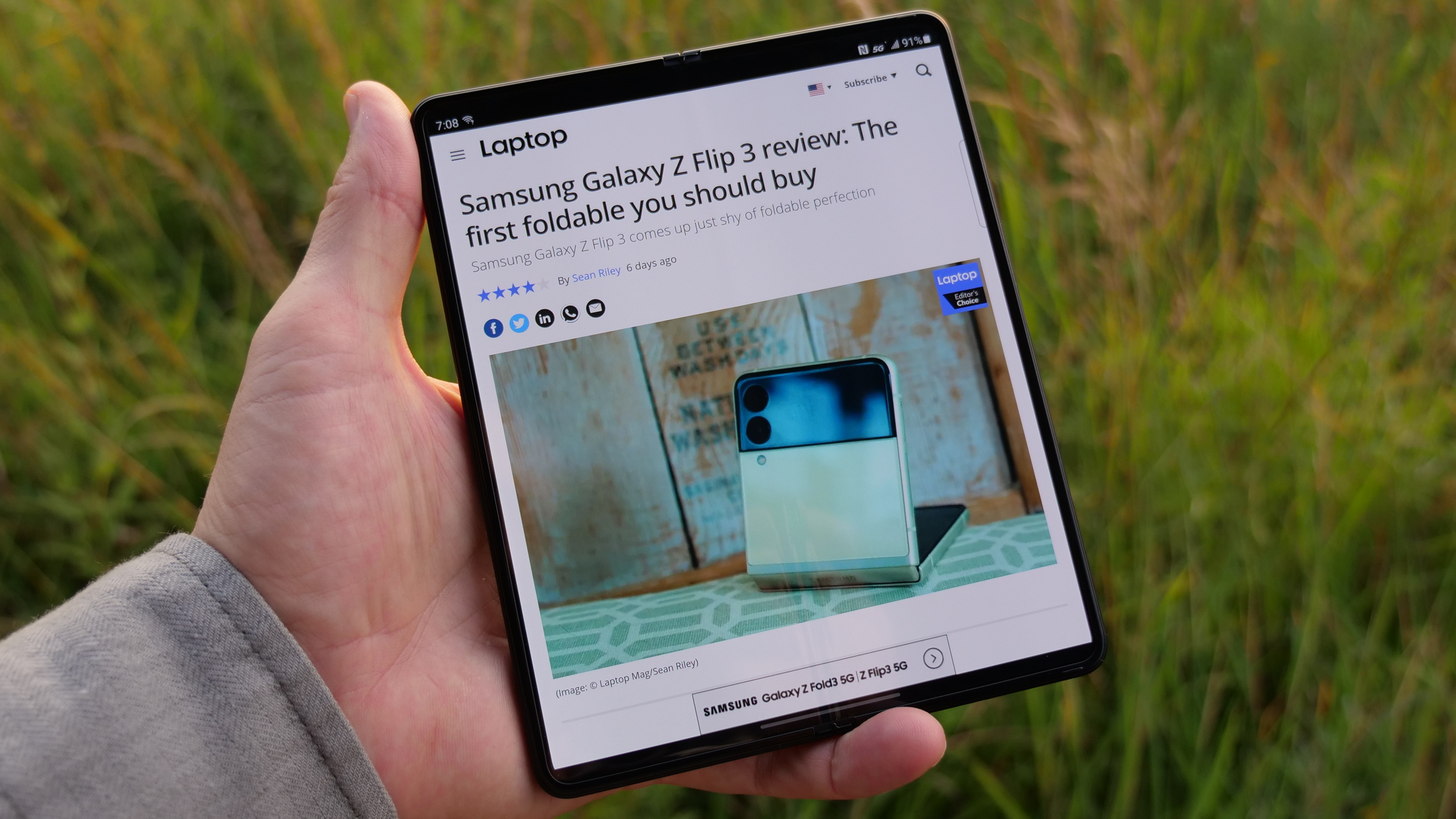
If you think for one second that you can get that same breadth of hardware options in the iOS sphere, you’d be dead wrong. Riley added that this sense of flexibility carries over to the software side, too. “While iOS offers users a greater degree of freedom than it once did, it’s still a much more locked down experience than what you get on Android. From the ability to install apps from outside of Google Play to organizing every home screen exactly as you like it, Android gives you that freedom.”
However, Apple has an edge over Android in other aspects. Riley concurs with Nelson that Apple’s ecosystem is iOS’ greatest strength. “There is no combination of hardware from any Android manufacturer that is as cohesively brilliant as the iPhone,” he said. Plus, Apple crushes it in the video department. “No Android phone comes close to either the video quality or video camera software that is available on the iPhone 13 Pro and iPhone 13 Pro Max.”
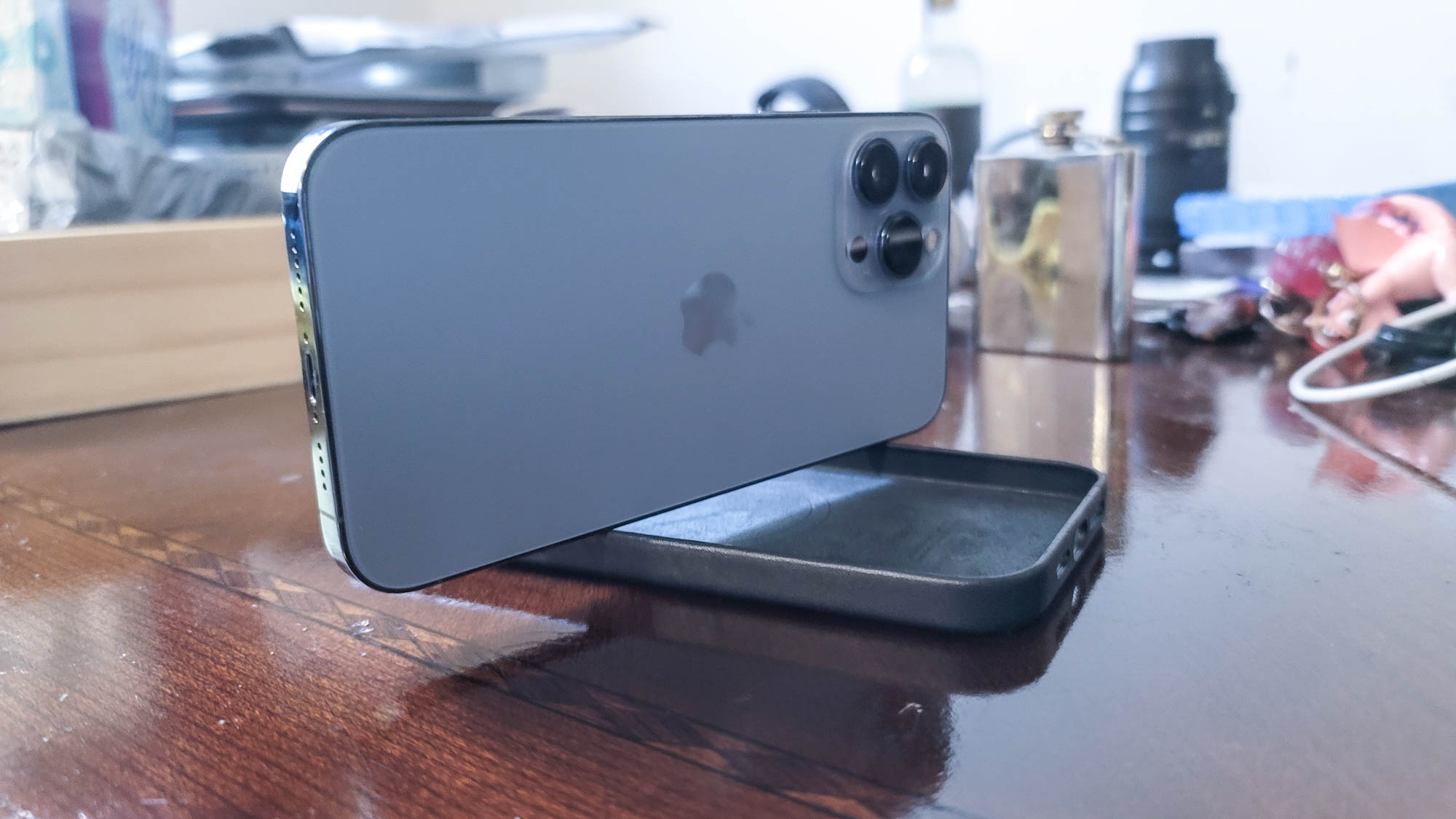
It’s also worth noting that there isn’t an Apple Store equivalent for Android devices.“While I’ve had outstanding and atrocious service experiences at Apple stores, it’s comforting to know the option is there as opposed to waiting on hold with tech support and potentially waiting days or weeks for a replacement if something is broken,” Riley said.
When I asked Riley about his daily driver, he told me that he rotates between the iPhone 13 Pro and the Samsung Galaxy Ultra S22. "I don't think there's an obvious winner or that one side is truly better than the other," Riley said. "There are absolutely people who are better served by iPhone and those that are better served by Android."
Shop for Sean Riley's daily driver
Bottom Line
Riley makes a good point. For example, YouTuber MrMobile is a content creator who is highly dependent on Apple’s Final Cut Pro. Everything in his tech workflow world, which includes his $6,000 MacBook Pro, must seamlessly interact with this app. As such, iOS is a better fit for him (even though he absolutely adores the Android-based Samsung Galaxy Z Fold series).
As a cryptocurrency investor, I was frustrated with how unwelcoming the Apple App Store is to Web 3.0-focused apps compared to the Google Play Store, so I ditched my iOS-based iPhone SE 2020 for the Android-equipped Galaxy Note 20 Ultra. I have nothing against iPhones, but Android is simply a better fit for my blockchain-based activities.
To conclude, you can have a personal favorite (e.g. Ismail prefers iOS and Riley leans toward Android), but there’s no right or wrong answer. It all depends on which operating system best fits your lifestyle.
Kimberly Gedeon, holding a Master's degree in International Journalism, launched her career as a journalist for MadameNoire's business beat in 2013. She loved translating stuffy stories about the economy, personal finance and investing into digestible, easy-to-understand, entertaining stories for young women of color. During her time on the business beat, she discovered her passion for tech as she dove into articles about tech entrepreneurship, the Consumer Electronics Show (CES) and the latest tablets. After eight years of freelancing, dabbling in a myriad of beats, she's finally found a home at Laptop Mag that accepts her as the crypto-addicted, virtual reality-loving, investing-focused, tech-fascinated nerd she is. Woot!

